I’m back from jury duty. What a surreal experience! I woke up at 3:30a.m. to catch the 5:51 train, which arrived an hour late. It dropped me off at 7:25 and I walked from the train station to the courthouse, arriving on time at 8a.m. The irony is there is a courthouse next to the train station near my home, but because I live across the county line, I was summoned for jury duty in my county’s main courthouse, far, far to the north.
Every since I saw the classic movie “12 Angry Men”, I’ve always wanted to experience the dynamic of a jury deliberation firsthand. It’s on my bucket list, and while I’ve been to court as a law student, an attorney, a defendant, and a plaintiff, I’ve never served on a jury. That’s not to say I haven’t been summoned. But every year, I never make it past voir dire (juror selection). Once the lawyers on either side discover I’m an attorney, they kick me to the curb. You see, lawyers dread the prospect of having another lawyer on the jury who knows the law as well or better than they do, who is uneasily swayed by their rhetoric, or worse, might sway other jurors toward his or her view.
Nineteen of us prospective jurors were led into the courtroom for voir dire. As the questioning began, three were immediately eliminated for bias. By my math, with 15 others remaining and only six people to be empanelled on a jury, there was no chance I would end up on that jury, despite the platitude of my old finance professor that “zero probabilities happen all the time.”
I listened as they called out the first five names, unsurprised mine was not among them. I waited for the sixth name, certain it would not be me summoned to the jury box, and yet… The clerk read the name and a woman seated in front of me rose. I sighed, a coalescence of relief and disappointment, preparing to leave with the other unchosen, when I heard the clerk’s voice “… and Mr. Darrell.”
I felt like the cowboy who had miscounted the shots from a six-shooter. Then I realized even though the judge had told us the trial would wrap up by the end of the day, this baker’s half-dozen included one alternate juror. I staggered to the jury box, as if stumbling through some alternate reality where the long shot could cross the jury pool finish line ahead of nine other odds-on favorites.
We were to hear a criminal case. I was struck by how young the participants were. A young man, about 20, was charged with DUI. The two female prosecutors were about 26, fresh out of law school. The arresting officer appeared to be in his early 20s. When did I become so old? I pondered.
The cop had arrested the defendant in my city, at 2a.m. after seeing his car weaving back and forth across lanes. He testified the defendant’s speech was slurred and he had alcohol on his breath. The defendant admitted he was weaving and had been drinking (at first he said four to five beers, but later claimed only two to three beers) but refused to take a field sobriety test or a breathalyzer test.
The case hinged on whether he had been driving while under the influence of alcohol to the extent it impaired his ability to function. The state had the burden to prove, not that he was drunk or had been drinking, but that he had been impaired by alcohol. With no hard evidence like test results, there was only the cop’s testimony.
I was troubled by the fact the cop’s dashboard camera had not been working that night, so he had to call for backup with a functioning camera. Much of his testimony involved what the defendant allegedly said and how he acted before the second camera arrived. I was also troubled by the cop’s lack of independent recollection of the incident. Many of his answers were “I don’t remember, it’s in my report” and the car’s color changed from white to gray. He explained he called it gray because it looked gray on the video, reinforcing in my mind that he had no independent recollection of the night in question. I can see for myself how it looks on the video; if you’re an eyewitness, I expect you to tell me what it looked like at the scene.
The prosecution, the cop, and even the defense made several allusions to the defendant’s bloodshot eyes being a sign of intoxication. Only I noticed the defendant, wearing glasses in the courtroom, was not wearing glasses in the video. When I spoke with him later, he confirmed what I had suspected: he wore contacts that night. He had been wearing contacts all day and all night: by 2a.m., his eyes were bloodshot.
He did not testify in his own defense. That was his right, but I thought his testimony would have helped his case, especially if he spoke with a lisp or slurred speech. I wondered if he had refused the breathalyzer because he suspected his alcohol content was over the legal limit. A reasonable man who knew who wasn’t intoxicated would simply take the test, pass it, and prove to the cop he was not impaired. Not only did he refuse, but on the videotape, I heard him tell the cop “I know where this is going.” That struck me as odd, unless he was speaking from experience. Had been arrested before for DUI?
I realized the tremendous responsibility I faced. A guilty verdict would deprive the boy of his driver’s license for a year, raise his future insurance premiums, and stay on his record for 75 years. Everyone agreed the car had weaved in and out of lanes and that he had been drinking. But had he been drinking to the point of impairment? Was he driving carelessly because there were few cars on the road at that time of night? A not guilty verdict would return his license to him and place him back on the street, perhaps feeling cockier he had beaten the rap. What if the next time he drank and drove, there were no cop to stop him? What if he crashed into a tree and injured or killed himself. Worse, what if he injured or killed someone else? What apology could I give his victim’s survivors that could assuage my guilt for the role I might play in placing him back behind the wheel. It occurred to me he had been arrested driving in my neighborhood, on a street I frequented. Wouldn’t it be ironic if he were to crash into me one night after a few beers? Hah, what were the odds? Then again, zero probabilities happen all the time.
The judge instructed us to retire to the jury room to deliberate and render our verdict. We rose and stepped from the jury box. “Except you, Mr. Darrell,” the judge said. “You were the alternate. Thank you for your service. You may go now.”
I was tremendously disappointed I would not realize my lifelong desire of being inside the jury room, while at the same time tremendously relieved the albatross had been lifted from my neck. Had I been kicked off the island, or rescued?
I remained in the courtroom and waited, with the prosecutors, the defense attorney, and the defendant, for the jury to return. I spoke to the defendant and learned the truth of what happened, and why he made the choices he had, that fateful night. After 45 minutes, the jury returned its unanimous verdict. How would you have voted if you were on the jury? If you want to hear what he told me, how I would have voted, and what the verdict was, post a comment below. If there are no comments, I’ll assume no one is interested and go on to a new topic.


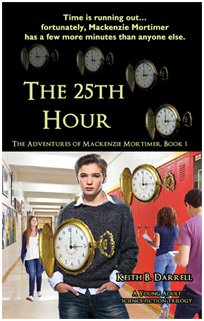
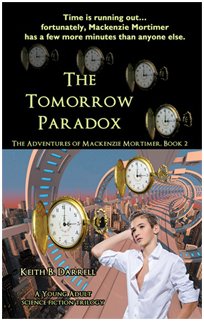
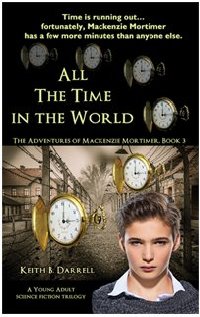
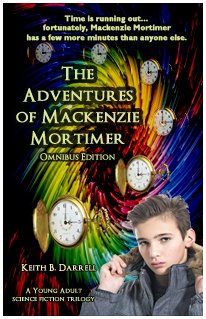
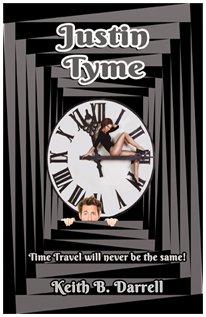

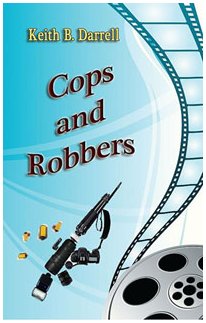
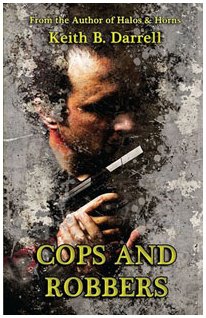






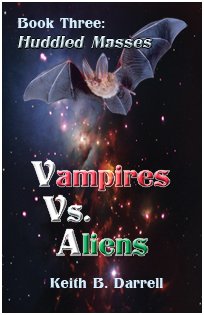

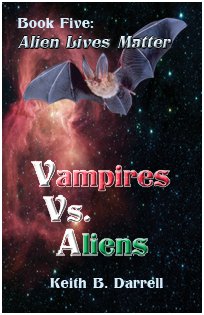






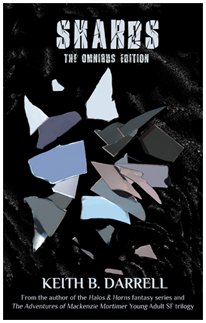

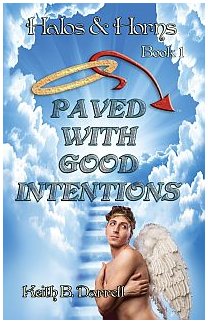
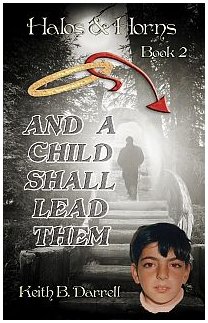
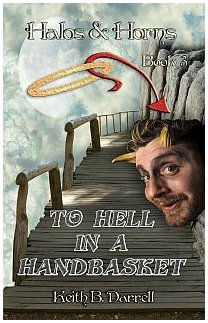


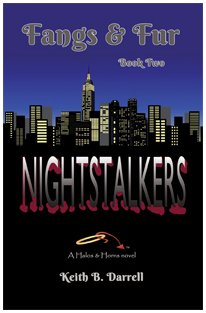
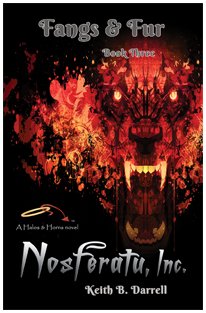


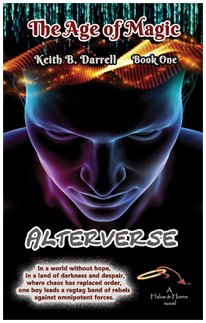
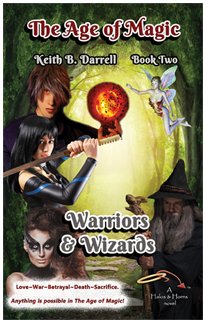


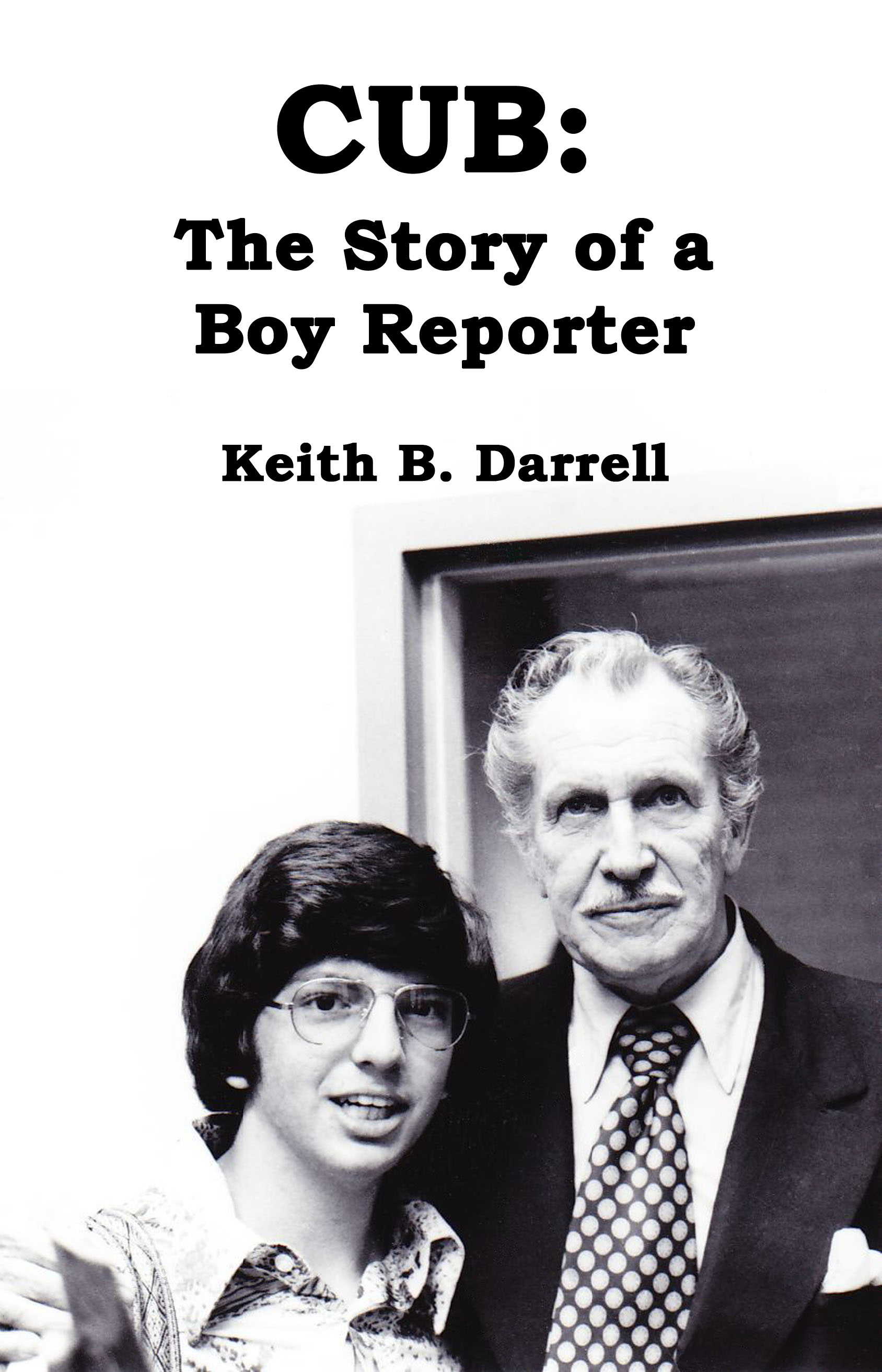
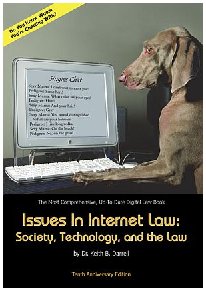
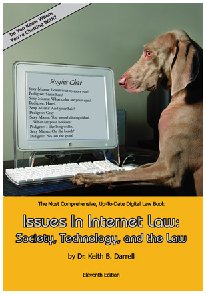
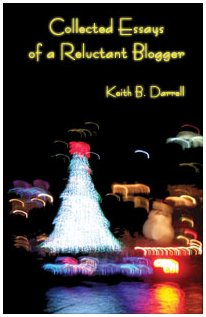



No comments:
Post a Comment